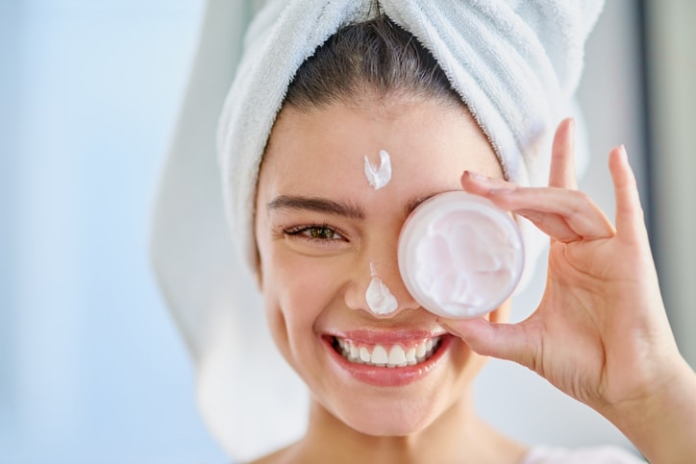Skincare facials have long been a cornerstone of comprehensive skincare routines, offering much more than surface-level beautification. Through expert techniques and specialized products, skincare facials provide deep cleansing and rejuvenation that benefit all skin types, from oily and acne-prone to dry and sensitive. This article explores how these treatments work and why they are essential for maintaining healthy, radiant skin.
Understanding the Purpose of Skincare Facials
At their core, skincare facials are designed to cleanse, exfoliate, and nourish the skin. Unlike daily cleansing routines, facials penetrate deeper layers of the skin to remove impurities, dead skin cells, and excess oils that accumulate over time. This deep cleansing process helps unclog pores, preventing breakouts and reducing the risk of skin irritation.
Moreover, facials are tailored to address specific skin concerns and types. Whether the skin is oily, dry, combination, or sensitive, professional estheticians customize the facial to optimize results and ensure safety. This personalized approach allows for targeted treatments that promote skin health and balance, making skincare facials an effective solution for a wide range of individuals.
Deep Cleansing: Beyond Surface-Level Care
One of the primary benefits of skincare facials is their ability to perform a thorough cleansing that goes beyond what typical home care can achieve. Facials often begin with a double cleansing method, using specially formulated products that dissolve surface oils and makeup residues, followed by deeper cleansing agents to reach the pores.
Techniques such as steam application soften the skin and open pores, allowing extraction of blackheads and whiteheads. This process is critical in preventing clogged pores, which are a common cause of acne and blemishes. Deep cleansing also removes environmental pollutants and toxins that can accumulate on the skin, which if left untreated, accelerate signs of aging and dullness.
The use of professional-grade exfoliants during facials helps slough off dead skin cells, revealing fresher and smoother skin underneath. This step stimulates cell turnover, which is essential for maintaining a youthful complexion and improving skin texture. For all skin types, the cleansing phase of skincare facials establishes a clean canvas, ready to absorb nourishing treatments more effectively.
Rejuvenation Through Targeted Treatments
Following cleansing, skincare facials incorporate various rejuvenating treatments designed to restore vitality and improve skin tone. Hydration masks, serums rich in antioxidants, peptides, and vitamins are commonly used to replenish moisture and combat oxidative stress caused by sun exposure and pollution.
For aging or mature skin, facials may include specialized treatments that stimulate collagen production. Collagen is a structural protein vital for skin elasticity and firmness, but its production decreases with age. Through gentle massage and the application of active ingredients, facials can boost collagen synthesis, reducing fine lines and wrinkles while promoting a plumper, more youthful appearance.
Facials also enhance blood circulation through massage techniques, which increases oxygen and nutrient delivery to skin cells. This improved circulation helps accelerate healing processes, reduces puffiness, and imparts a natural glow to the complexion. The calming effect of facial massage also supports lymphatic drainage, aiding in detoxification and reducing inflammation.
Suitability for All Skin Types
A common misconception is that skincare facials are only suitable for certain skin types, but modern facial treatments are highly adaptable. For oily and acne-prone skin, facials focus on deep cleansing and pore purification to manage sebum production and minimize breakouts. Ingredients like salicylic acid and clay masks are often incorporated to absorb excess oil and soothe inflammation.
For dry or sensitive skin, facials emphasize gentle cleansing and intense hydration, avoiding harsh exfoliants that may cause irritation. Calming ingredients such as aloe vera, chamomile, and hyaluronic acid are used to nourish and protect the skin barrier.
Combination skin benefits from a balanced approach that treats oily areas without over-drying the rest of the face. This versatility makes skincare facials an inclusive treatment option, delivering measurable improvements regardless of individual skin characteristics.
Conclusion
Skincare facials provide an essential service in achieving and maintaining healthy, vibrant skin. Their ability to deeply cleanse and rejuvenate the skin makes them a valuable addition to any skincare regimen. By addressing the unique needs of all skin types, these treatments not only improve appearance but also promote long-term skin health. Investing in regular skincare facials can result in clearer, smoother, and more radiant skin, empowering individuals to feel confident and well-cared for in their natural complexion.










